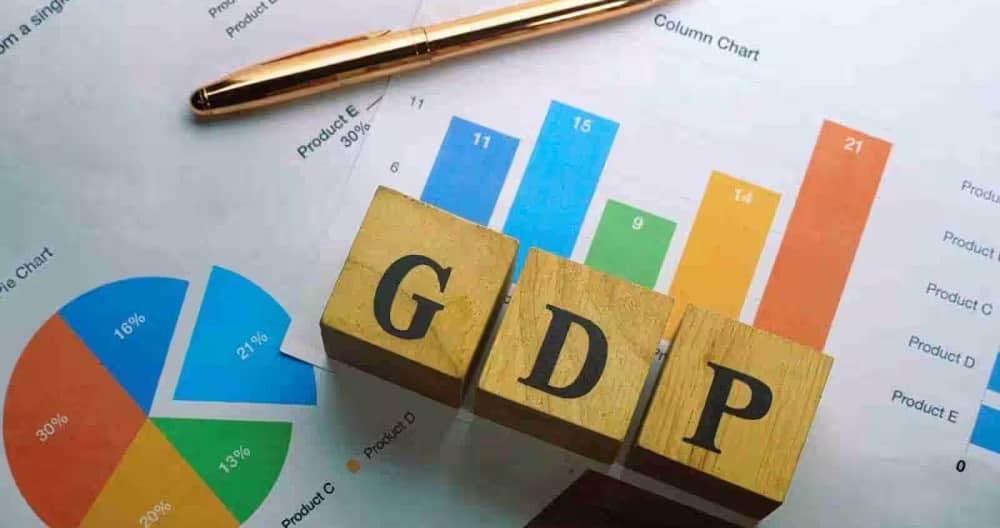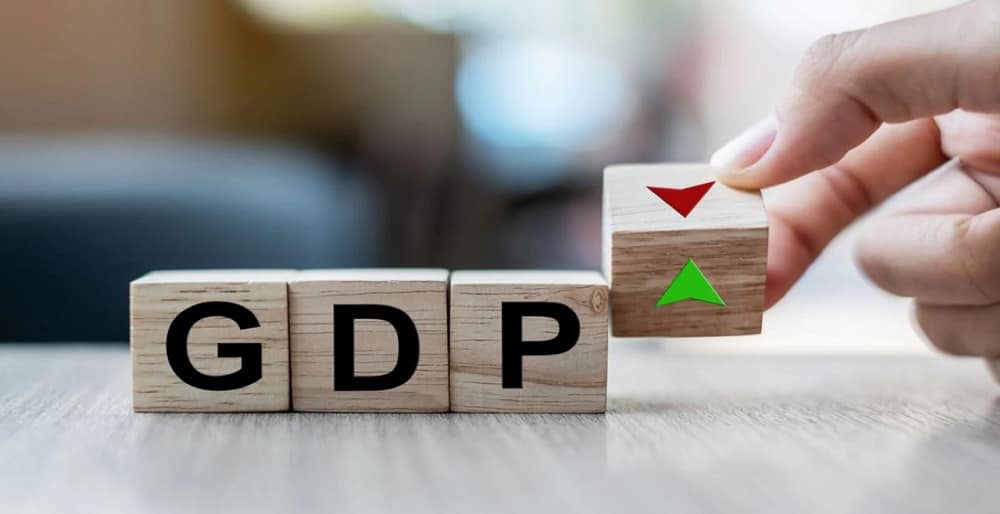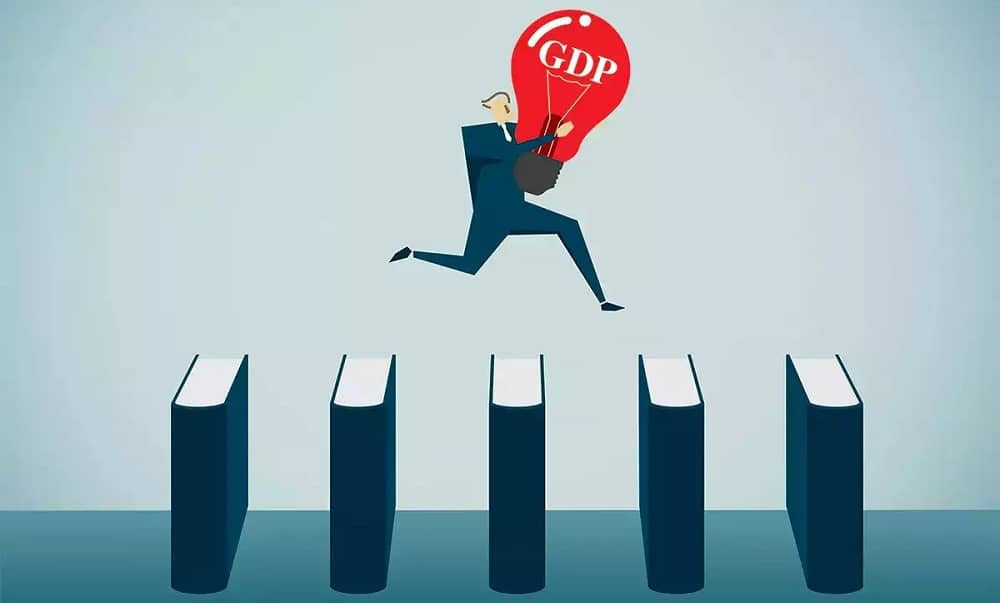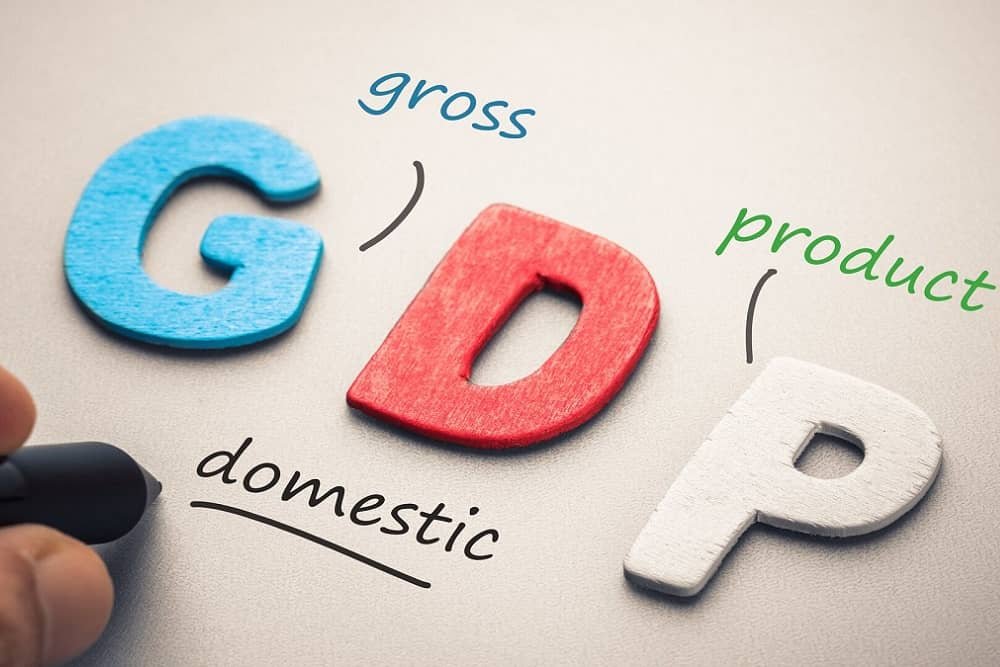The standard economic model based on “growth” is outdated and massively flawed. This gdp deleted scene e355 is a topic for a lengthy debate but GDP per capita and median income are already much better metrics to determine the health of an economy. Debt, disposable income and skill base would be used for the next level of analysis.
Growth per se cannot lead to conclusion of societal improvements or development. For like an access to financing per se cannot be enough for it take the right allocation of that capital, it is the sense given to growth that is critical and this is the fact of a retrospective judgement growth per se cannot provide.
It’s simple formula is GDP = C + I + G + NX, or GDP equals the sum of consumption, investment, government expenditures and the net of exports. Economically speaking GDP deleted scene e355 refers to parts that are not included in the typical GDP calculation These components include a variety of activities and transactions that provide economic value but are not included in official statistics.
However, it is not so much that GDP is a flawed indicator. The problem resides in the fact that it has often been promoted as the sole measure of societies’ well-being – which it was not designed to do. As Simon Kuznets pointed out: “Distinctions must be kept in mind between quantity and quality of growth, between its costs and return, and between the short and the long run… “Goals for ‘more’ growth should specify more growth of what, and for what”. (The New Republic [1962])
GDP still has its place but only in complement with other measures which cover other social and well-being dimensions of societies. It’s a good objective measure for what it is. It’s not perfect. But what is? Let’s take a deep look in this article and explore the mysterious idea of gdp – deleted scene – e355.
What is Economic Growth?

For simplicity purposes in this demonstration, say that in year one, all of the variables had $100. GDP is therefore $400. That means the value of all the goods and services in the economy that year was $400. Now in the second year consumption increases by $1, while everything else remained the same. Now GDP is $401. It is growing! This is basically what we hear on the news and from government agencies 4 times a year. They attempt to brag to the public about their amazing progress in growing the economy. Despite this, and against all the facts, and the numbers used in the example, around two thirds of the GDP is consumption (private activity) and the second largest portion is investment ( private activity).
Nearly 80% of the GDP is private activity and is unrelated to the government in the first two variable alone, besides the actual limitations placed upon it by the government in the forms of taxes, regulations and other restrictions. Take those away and consumption and investment would actually be much higher, but that is not the overall topic for here. So despite the fact that most of the activity is not by the government, the officials then get out their press secretaries and brag to the public about the amazing job they have done for creating growth… which is indeed inherently dishonest.
Creating growth through giving back some of the money already stolen away to increase consumption is like a bank robber taking$50 from everyone’s bank account, putting then mailing all the account holders $10 and saying, “I increased the size of your bank account by $10.” That just doesn’t make sense, but the government, news, and public allows this to become an accepted idea.
In addition to this, let’s just forget about the notion stated above gdp – deleted scene – e355 and assume that growth was indeed obtained, however that is no in actuality a necessarily good thing. Like in the example above, in the second year, the economy grew by $1, so one could try to argue that now society is 1 better off. In actuality, they are likely wrong, or starters, GDP is not a measure of well-being. It is a literal measure of value. What did it take to earn that $1 of consumption? Did a worker have to work an extra 100 hours in the year in a salaried position to expand upon an advertising campaign to market a new product? Increased work weeks and longer hours for a minute growth level hardly seems justifiable and hardly seems like progress.
Did the government raise taxes on the population further stealing their wealth and chose to spend $1 extra on funding some sort of inefficient program as they do every year? That hardly seems like progress too. So what does the growth mean? It means just as what it it literally supposed to mean, and not what people try to spin it as in the media and government agencies. It means consumption, investments, government expenditures or net exports increased by $1.
Another way to look at this fact is simply by looking at the gdp – deleted scene – e355 number per person. The GDP per capita is a measure of wealth per person in the measured area. So in year one there was $400 of value in the region, and let’s say there was also 400 people. The GDP per capita would be 400 divided by 400, so $1 per person.
In year 2, assuming the population stayed constant, it would be 401 divided by 400, so $1.0025 per person. PROGRESS! You can now argue that perhaps people are better off as their marginal wealth increased. The problem here is, the population in America and on a global scale is not constant, it is growing. So in reality in year 2, the GDP is $401 and the population is now 410 people. So the GDP per capita would be: $0.98. So we had economic growth, but on a purely per capita scale, people are worse off. That hardly seems like progress at all. It would seem as if growth is not a good thing in that situation.
For counter example’s sake, let’s say that growth in year 3 was by $1000000000000000000000000000 and the population only increased by 3. That would sound phenomenal, and in most circumstances one would be justified in making such a statement, but sadly even GDP per capita, which is a far more accurate measure than GDP alone, is not really a measure of anything significant in an economy. It is an average, and as basic stats and math teaches you, that can include extremes on both ends to lead to a number in the middle. Let’s say that the entire growth in year 3 was caused by the discovery of oil by one land owner and due to his new found wealth he goes and buys himself everything he could ever dream of. So now the economy grew by $1000000000000000000000000000, but it all came from one person.
Are people directly better off as a result of only one person or one small group of people holding all the wealth themselves. In reality and in extreme circumstances, you could have a warlord come in and steal everyone’s assets and then spend that on top of the money of his own and the economy could increase, and the GDP per capita could increase, but yet the underlying fact is, every single person in the country but one is now poor and broke implications of deleted scenes on GDP e355.
Some of the examples are extreme, some of them aren’t, but the point stands that gdp deleted scene e355 and GDP per capita are not reliable measures of how people are doing and growth is not a measure of how people are doing. People could be worse off, but we see growth. Their overall happiness could have decreased, the number of hours they worked could have increased, immune systems could have weakened, the air could have gotten harder to breathe, more regulations could have been implemented on their lives… and regardless of any growth, their overall utility is now lower. In sort, growth and GDP should never be used to measure a nation’s or society’s well-being.
What is a Recession

For another point to this matter, consider a recession. By definition, a recession is 2 periods in a row of negative growth. So let’s thank the media and the Democratic Party (see panic index increasing) for increasing the panic in the market and leading to people changing their behaviors through fear tactics by in 2007 and 2008 when they were saying the country was in a recession, even during periods of growth.
Definitions only apply to those that are honest. Anyways, that is just a digression, the point to be made here is that amazingly enough, a recession is also not a measure of society. In technicality, a recession could actually mean people are better off. Taking similar examples as above, let’s say that in a country similar to Japan (nation with a decreasing population), the GDP in year 1 was $1,000 and the population was 1,000 people.
Now in year 2 the GDP deleted scene every quarter (more than 2 in a row) and pushed the country into a recession, so now the GDP is $990. But with their decreasing population, the population is now 900 people. 990 divided by 900 is $1.1 per person, versus the $1 per person previously. It would seem that during a recession people are better off. Again, even the GDP per capita is a flawed stat and is overall not quite relevant in regards to overall utility, but the point stands that regardless of all the misconceptions about a recession, recession does not mean a situation where people are worse off. It means 2 quarters of negative growth, regardless of the ramifications of that action.
GDP deleted scene e355 and growth are nearly irrelevant as a whole when measuring the success of a nation and the population’s utility. Despite this, it is the most commonly used measure by reporting agencies and the government to tout progress. While it can be used as a literal dollar value representation of what is in an economy, it bears absolutely 0 weight in how well being are, the happiness of the population, the progress or (con)gress of society, and is not an accurate measure of the wealth the population’s individuals currently have.
When measuring the value of all consumption, investment, government expenditures and net exports, sure the GDP can be used accurately, when applying any other connotation to the results, it is purely deceptive and most likely incorrect.

FAQs on GDP – Deleted Scene – e355
1. How important is GDP to economics?
As a key measure of economic performance, GDP represents the entire value of goods and services generated inside a country’s boundaries.
2. What role does GDP deleted scenes e355 plays in economy?
Deleted scenes provide insights into facets of economic value creation that are often ignored and are economic activity that are not included in regular GDP estimates.
3. Can the gdp deleted scenes affect GDP growth?
Yes, since removed sequences disclose economic activity and contributions that were not included in official figures, they can have an impact on GDP growth.
4. Exist any cases when gdp deleted scene have an impact on GDP?
Examples of activities that add to economic value but are frequently left out of GDP calculations are household production, volunteer work, and transactions in the unorganized sector.
5. How do economic policy get shaped by GDP?
GDP data helps policymakers formulate economic strategies by revealing patterns in the general functioning of the economy and areas that need attention.




